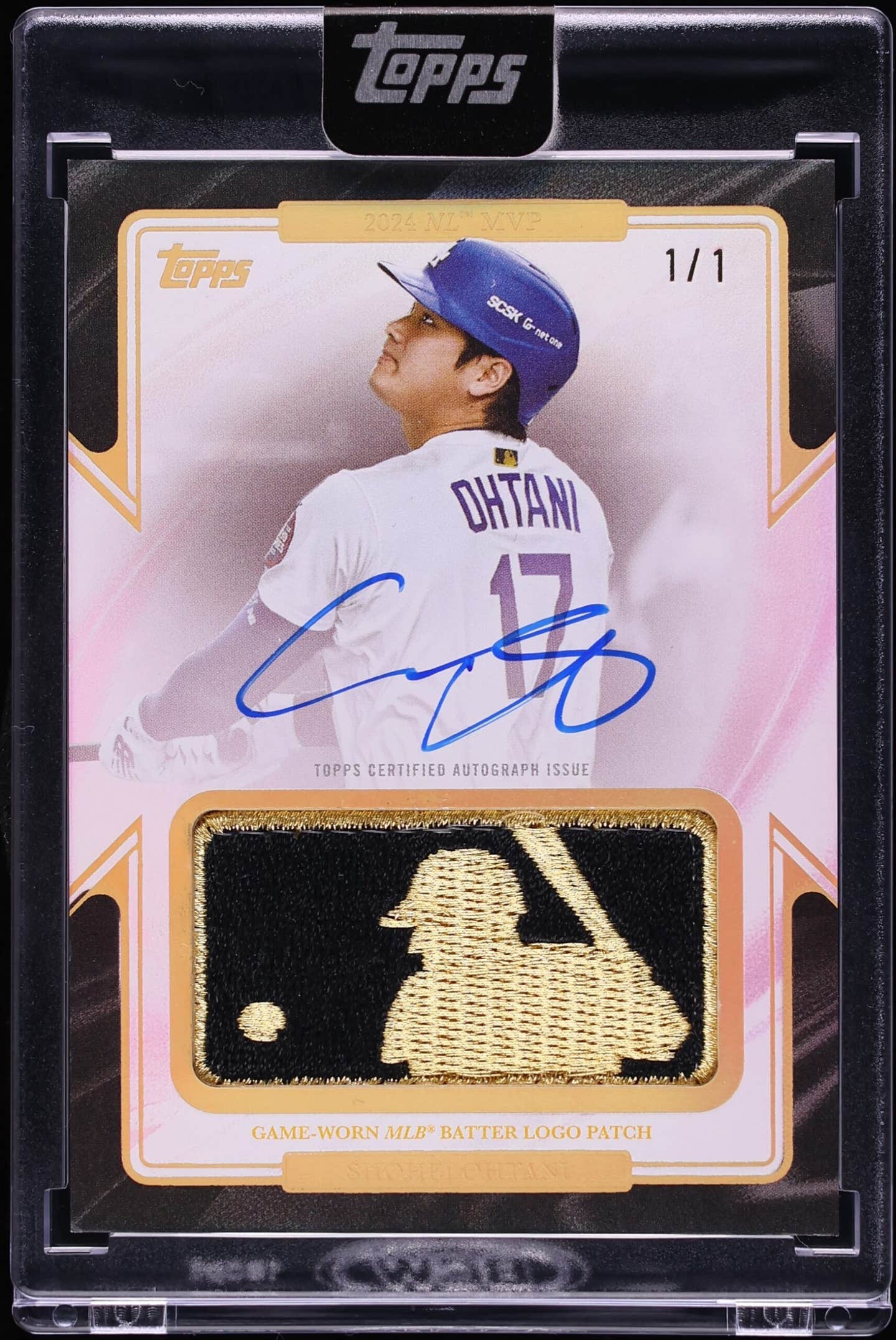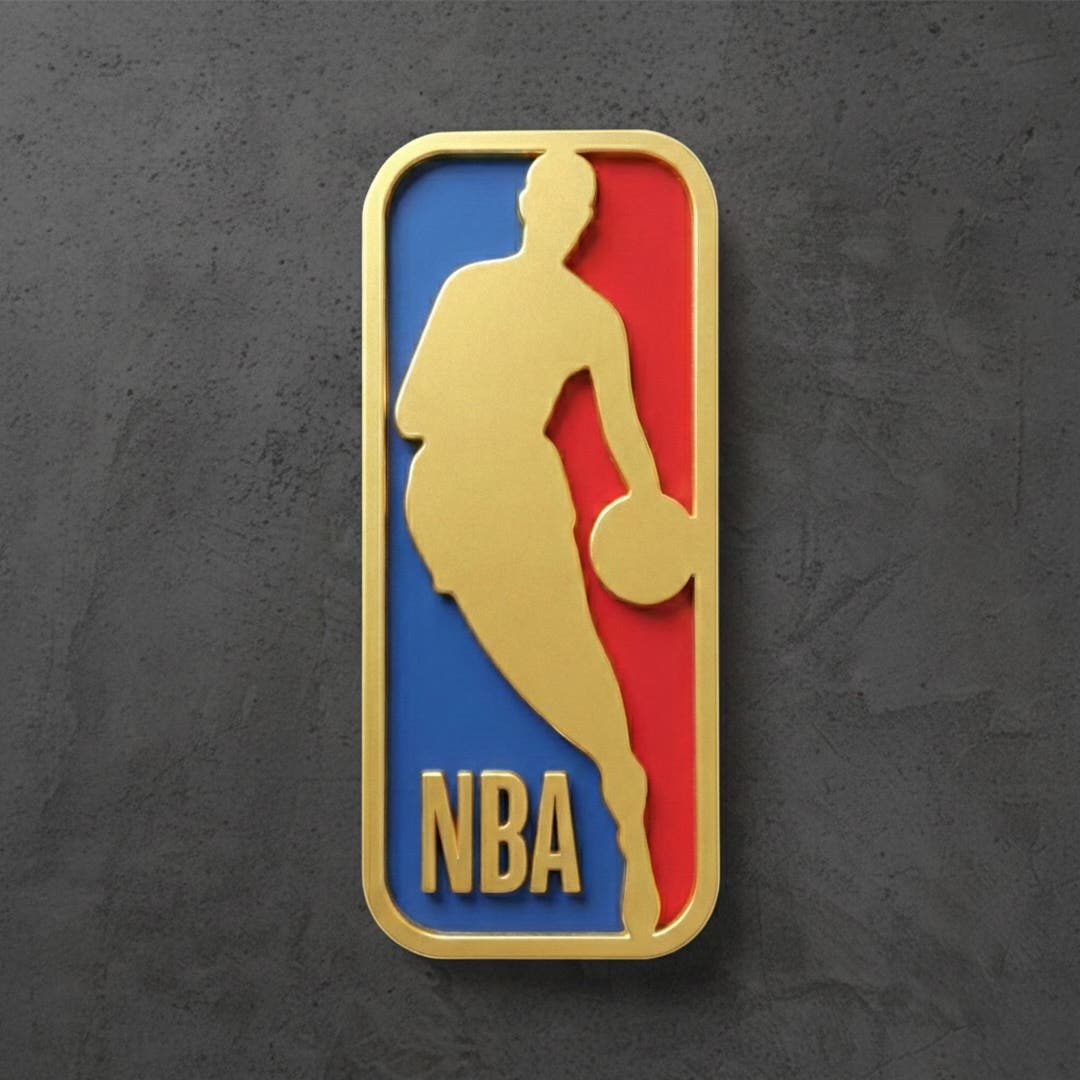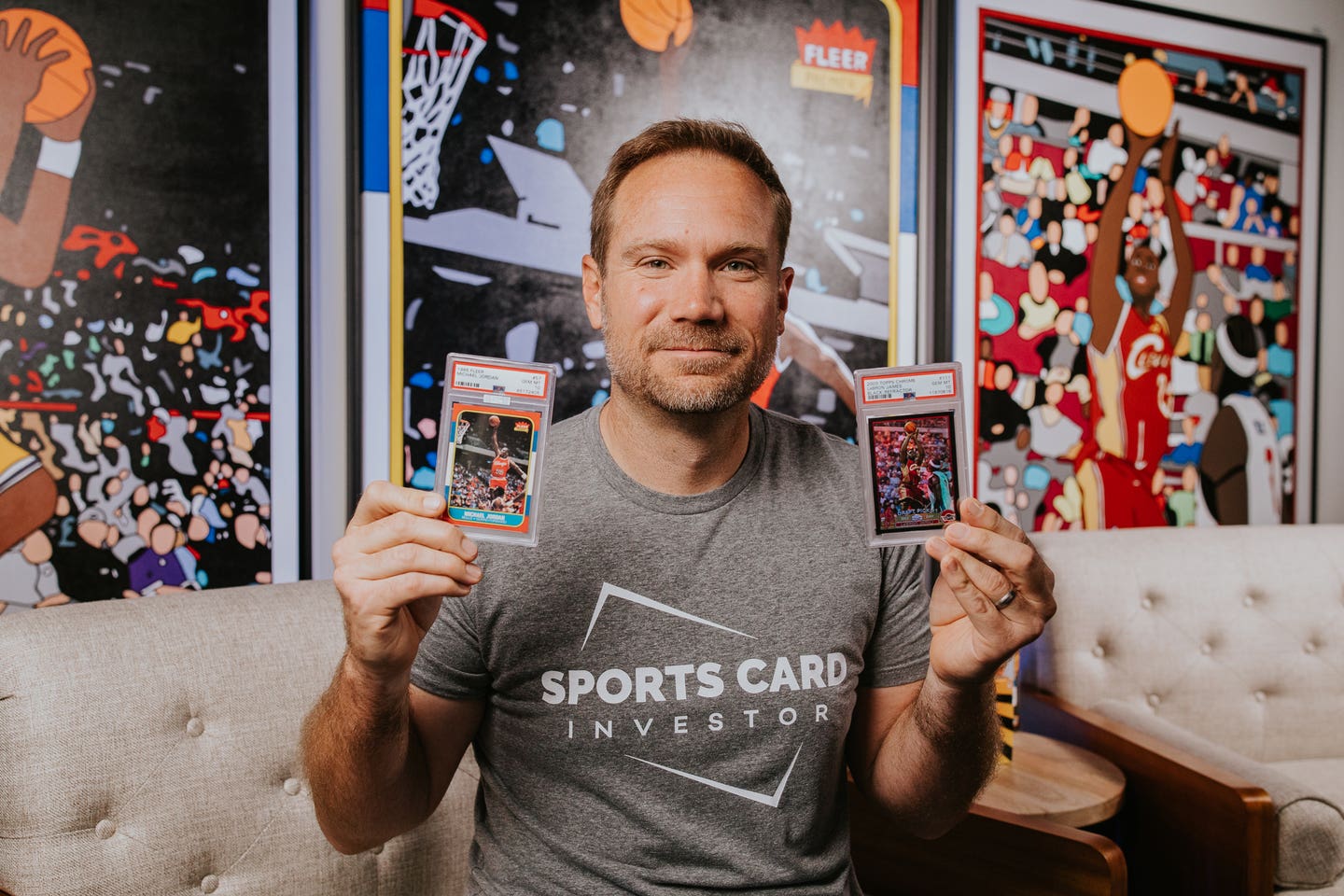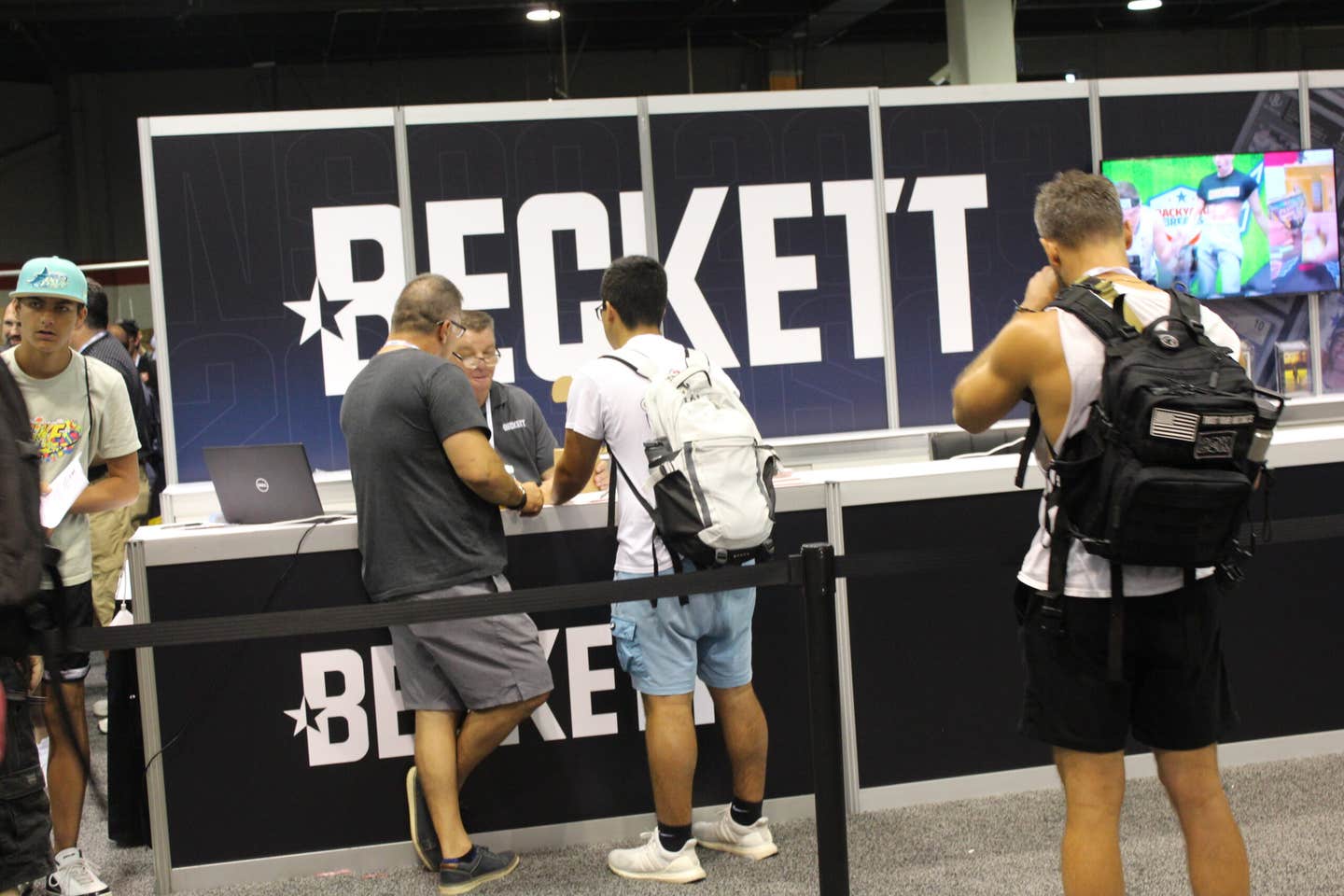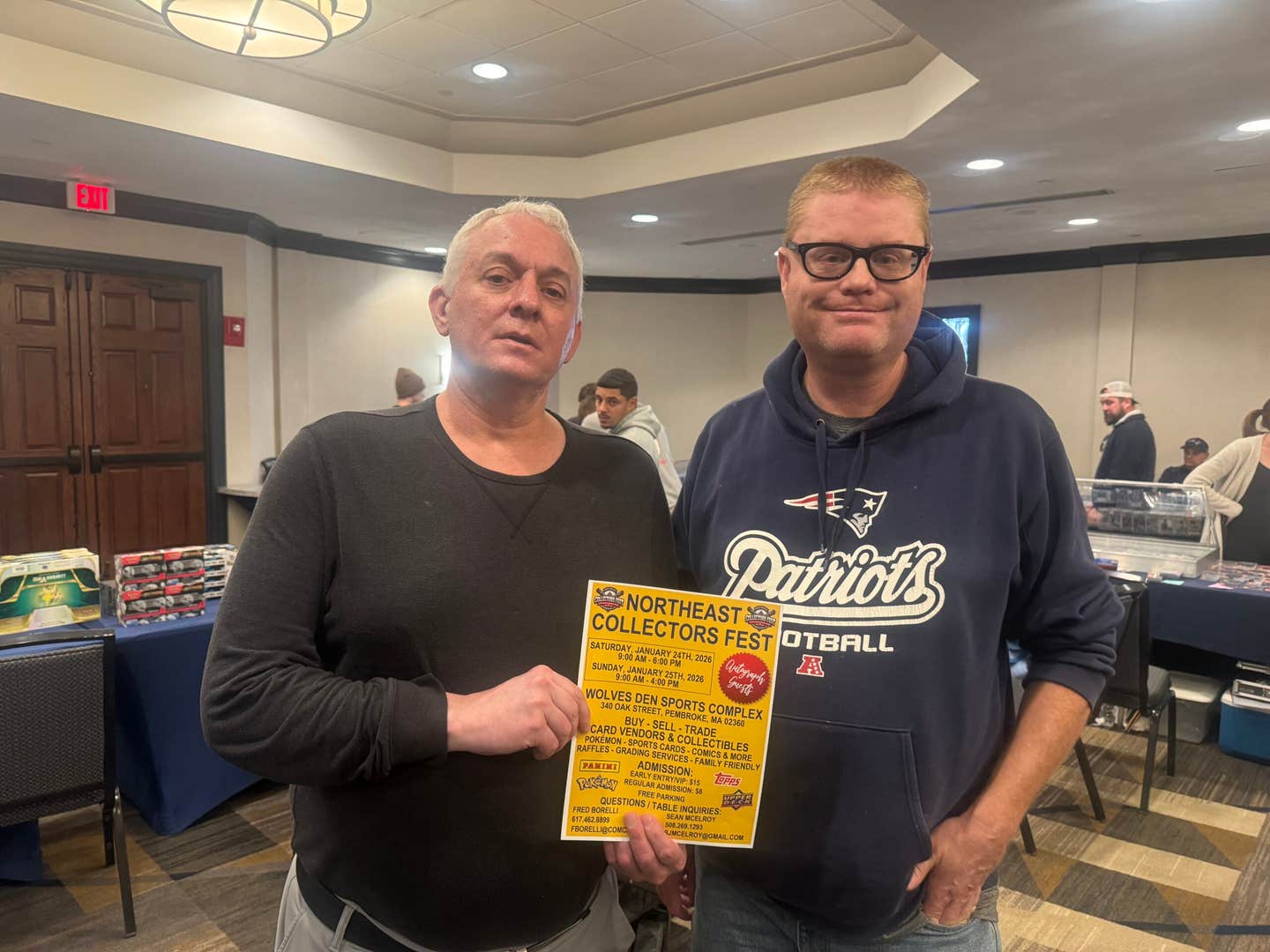News
Gibraltar Show Reflects the Tough Times in Michigan
The sports memorabilia market certainly has taken a hit in Detroit. The financial woes of the Big Three automakers have, obviously, smacked Motown with the severity of an up-and-in fastball from Bob Gibson.
The Lions finished the 2008 NFL season with an all-time worst 0-16 record.
And even Mother Nature appears to be chiming in on the Michigan market.
The Gibraltar Trade Center in Mt. Clemens hosted its once-a-month sports memorabilia show in late December, with former Tigers Barbaro Garbey and Juan Berenguer each signing about 200 autographs for the public on Saturday. A steady flow of Detroit faithful collectors attended and stayed throughout the afternoon.
The Sunday lineup featured scheduled appearances by fellow former Detroit Tigers Mickey Lolich and Dan Petry, but Gibraltar was closed after severe winds in the area knocked out the facility’s power.
No electricity means no show.
Perhaps this was a fitting close to the 2008 sports memorabilia scene in Michigan.
“My business probably was down 30-35 percent in sales from last year, and I relate that to the economy,” said Bob Coosaia, owner of Bob’s Sportscards in Harper Woods, Mich. “We’re hoping things will pick up in 2009, but we’re in a very depressed area, so I’m concerned.
”
Said Rob Kenyon of Kencor, based in Belleville., Mich., “My overall sales for 2008 are probably down 15-20 percent. In this economy, you might have expected a higher decline, but it didn’t happen. So I’m not completely singing the blues.”
Meanwhile, Joe Manzella of Joe Manzella Sportscards in Farmington Hills, Mich., said his 2008 sales were about 20-30 percent behind 2007.
“It’s very difficult to make money; there are just less and less buyers,” Manzella said. “Plus, there are so many unhappy customers these days, completely upset when they open a $150 box and it’s loaded with junk.”
From the show floor
Still, the crowds were out at Gibraltar for the final show of ’08. Anytime Gibraltar welcomes members of the World Series-winning Tigers from 1968 or 1984, it attracts fans. In addition to buying autographs, they roam the aisles for cards, memorabilia and more.
“It was a decent crowd,” Coosaia said. “Detroit has been hurt economically more than any city in the country, and unfortunately, it shows in the Gibraltar shows. It’s not that I don’t have the material that customers want, I just think people are restricted in their spending.”
Kenyon also concurred that there was a fair amount of traffic, propelled by the autograph lineup.
“There’s still money to be made,” he said. “The market just isn’t there to absorb all of the product that is out there, and luckily, that’s correcting itself a little.
“Sure, there are fewer dealers and fewer customers. And though there are a lot of customers here today, many aren’t spending like they used to,” Kenyon continued. “A customer, for instance, who spent $200 in the past is now spending $100 or $150. There are some customers who were at every Gibraltar show and they were buying each time. Now it seems like they are only at shows every other month or so.”
Coosaia said the Detroit Lions’ woes of 2008 had little impact on his business, mostly because he doesn’t sell many Lions cards in the first place.
“I’ve sold a little bit of Kevin Smith cards, who is our one promising rookie, and some cards of Calvin Johnson, but not many others,” Coosaia said. “When the Pistons win, there’s hardly a ripple in our sales; it doesn’t change much. When the Tigers win, the city goes crazy. If the Lions would ever win, you would not believe how things would sell – it’d be incredible. Heck, if the team finishes 8-8 next year, it would be like we went to the Super Bowl.”
Michigan is a four-sport state. The Tigers are the best-sellers in Detroit, even though the city is dubbed Hockey Town, USA. The Red Wings are the second-best sellers. Then it’s the Pistons and the Lions.
“The Red Wings always sell well here. They are a consistent seller. They have helped us this year when times were tough,” said Coosaia, whose specialty is helping set-builders. “I love making sets. And if I can’t make a set, I’ll buy it on eBay and then re-sell it to customers. Sets have kept me afloat during a tough time.”
Coosaia said the top set sellers have been Upper Deck Hockey, Topps Heritage Baseball, Upper Deck Baseball and Topps Baseball.
No individual player has been selling exceptionally well, Coosaia added.
“This room reflects the economy in the area. We’ll always roll with the economy, and now unfortunately, we’re in a down period,” Coosaia said. “There seem to be fewer dealers in there than, say, a year ago. There also are few collectors which, no doubt, are attributed to the economy. Sure, collectors are still coming out, but maybe they’re only buying two or three sets instead of five or whatever they can afford.”
Kenyon said the tail-end of the year saw some improvement, with some surprises.
“Before the holidays, it was really flat. But things picked up after the holidays, which we expected,” said Kenyon who noted surprisingly solid sales of Playoff Prime Cuts Baseball. “Things are starting to turn around a little bit, I think.
“One major problem in 2008 was rookies not performing too well, especially the highly-anticipated rookies in hockey. Hockey is selling well here, and always will, but it’s actually kind of flat versus what it could be. Unfortunately, some of the key rookies aren’t performing as well as predicted, so that affects sales. That’s a big disappointment.”
Kenyon also noted that basketball was selling well, mostly because there wasn’t a lot of product out there.
And what about those woeful Lions?
“I always sell a lot of football, and that obviously has nothing to do with how the Lions perform,” Kenyon laughed. “It’s hard to say how things will shape up in 2009, but I do think things will improve some. At least half of my customers are affected in one way, shape or form by the auto industry. So I, too, am affected by the auto industry.”
Kenyon said Razor products have been a pleasant surprise.
“Razor is really making a huge impact on the market. The boxes have great content and customers are happy with it most of the time,” said Kenyon, who added that one of his customers pulled an autographed Benito Mussolini 1/1, receiving more than $2,000 for it on eBay.
Manzella said Allen & Ginter cards have been selling well for him.
“Being in Michigan, it’s obviously a pretty weak market, but I think Detroit just reflects the overall card market nationally,” said Manzella, who confirmed that the economy and eBay have drastically hurt his box market.
“The sales of all four of the major sports are below where they were last year at this time,” Manzella said. “There still are collectors waiting in the wings – they just have to come back to the hobby.”
Ross Forman is a freelance contributor to SCD.




